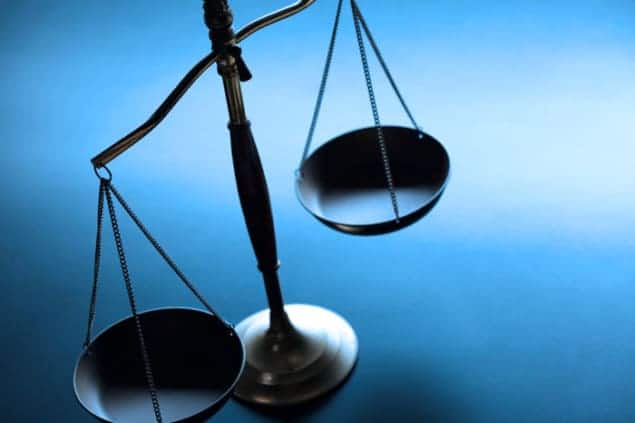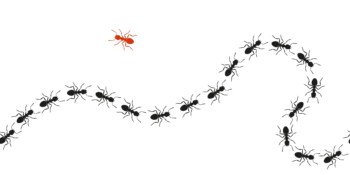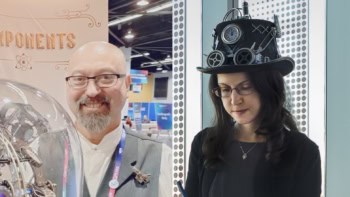
Adlène Hicheur, the particle physicist convicted of terrorist charges, has been released less than two weeks into his four-year prison sentence, according to his former supervisor. Jean-Pierre Lees, a researcher at the Particle Physics Laboratory in France, told physicsworld.com that Hicheur was released from a French jail on the night of Tuesday 15 May, just one day after the deadline for him to appeal his guilty verdict had elapsed. According to Lees, Hicheur had considered appealing the verdict but in the end had decided against it because it would have required him to remain in prison for an additional eight months.
Hicheur, a 36-year-old French-Algerian, was arrested by French police on 8 October 2009 on suspicion of having links with the organization Al-Qaida au Maghreb islamique (AQMI). Prior to his arrest, Hicheur was working as a postdoc at the Swiss Federal Institute of Technology in Lausanne and spent time at the Large Hadron Collider at CERN. Hicheur remained in custody without charge for almost two and a half years – the maximum time permissible under French anti-terrorism laws
In November 2010 Lees sent a letter to the French Physical Society expressing concerns about the continued imprisonment of Hicheur without charge that was signed by 19 physicists including the Nobel laureate Jack Steinberger. Hicheur also received support from an “international defence committee”, consisting of about 100 scientists, which wrote to the French authorities, including the then French president Nicolas Sarkozy.
Focus on e-mail exchange
Hicheur’s first hearing took place on 16 February this year and the case came to a close on 4 May as Hicheur was found guilty of “participation in a conspiracy to prepare an act of terrorism”. The trial’s official summary document is centred on an exchange of e-mails between Hicheur and a contact with an alleged affiliation to AQMI, which took place between 2008 and 2009 while Hicheur was based in French territory. The trial document states that Hicheur appears to have given “financial support” to his contact in AQMI by offering to transfer between €5000–8000 to them. The summary also states that a folder was discovered on Hicheur’s personal computer with the name AQMI.COMS.
But Hicheur’s supporters, including Lees, feel that the sentence was a miscarriage of justice. “No proof that he sent money to this people [sic] has been shown, while all his bank accounts have been carefully scrutinized,” says Lees. He also questions the decision of the court not to summon the suspected AQMI terrorist to ascertain the true identity of this person and to establish whether Hicheur was fully aware with whom he was liaising.
“The instruction judge had no choice but to demonstrate by any means the involvement in a terrorist project, and so had to condemn Adlène to justify the two years and eight months he had already spent in jail,” says Lees. “The justice, like the medicine, rarely recognize its errors.”
‘A Kafkian situation’
Francesco Spano, a particle physicist at Royal Holloway, University of London, is also highly critical of the French justice system in its handling of the Hicheur case. “I am outraged by the fact that a person can be kept captive for about two and a half years without being judged, in a Kafkian situation,” he said. “During the trail it was hard for me to find the evidence for the specific material facts that would support the accusation”. Spano, who is one of 342 members of the Adlène Hicheur International Support Committee (CISAH), says that he would like this group to now focus on two goals: to help Hicheur to rebuild his life, and to try to understand the implications of this trial to society.
Another group that helped to raise the profile of the Hicheur case is ConCERNed for Humanity, which was seeking the support of the CERN management and the lab’s international community of users. One of the group’s members Michael Dittmar, a researcher based at ETH Zurich and CERN said that he will continue to support Hicheur and echoed the criticism of the French anti-terror laws. “Perhaps one might have some very remote hopes that the new French government can also lead to a more open position of the management,” he said.



